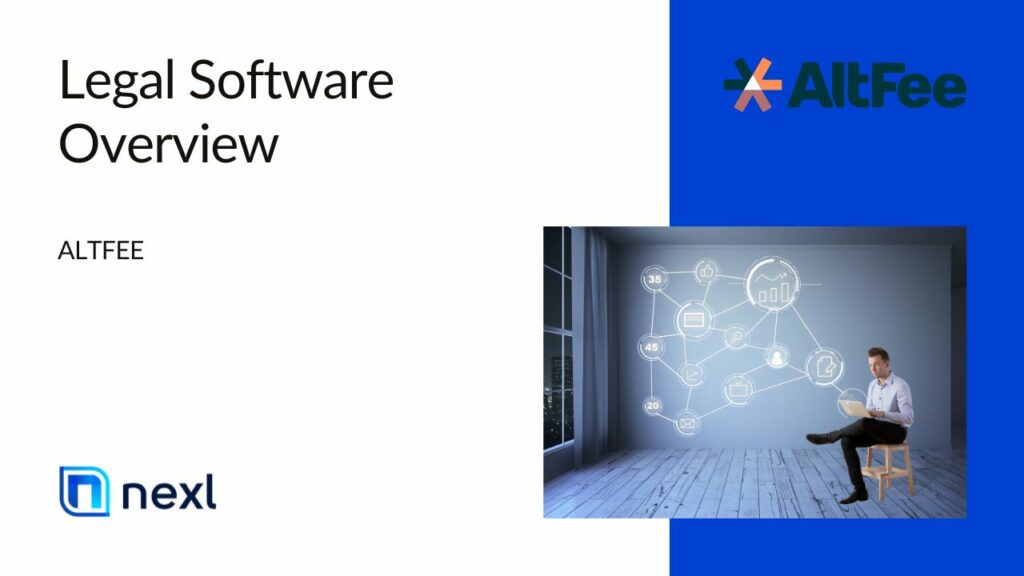Thinking about joining forward-thinking law firms by increasing your tech?
You’re not alone.
The pandemic both taught us lessons and put a big red “X” on the things that we, as a society, need to change. One of those things is that businesses that haven’t yet embraced the fact that we are currently living in an age of technology are quickly falling behind.
It’s no longer an option for organizations to choose not to embrace technology in every aspect of their operations, whether it’s using a cloud-based CRM to manage, track, view, and share client data, or implementing an online payment system.
But at the same time, buying up every piece of legal tech software and expecting it to magically make your law firm more productive isn’t going to work.
Instead, careful attention should be paid to the types of legal software you need, what potential challenges you can anticipate, and finally narrowing down a list of software considerations are the basic steps you need to take before taking the legal technology plunge.
Types of Legal Software
Depending on the type of legal work your practice does and what your goals are with legal software, you might want to implement more than one software solution.
Common types of legal software for lawyers are outlined below, including a summary of what solutions they provide for law firms both large and small.
BY ALTFEE






